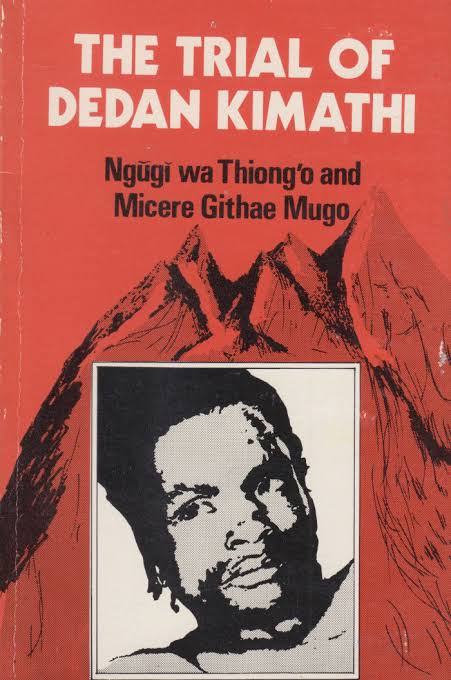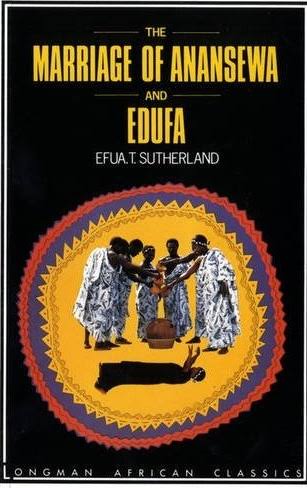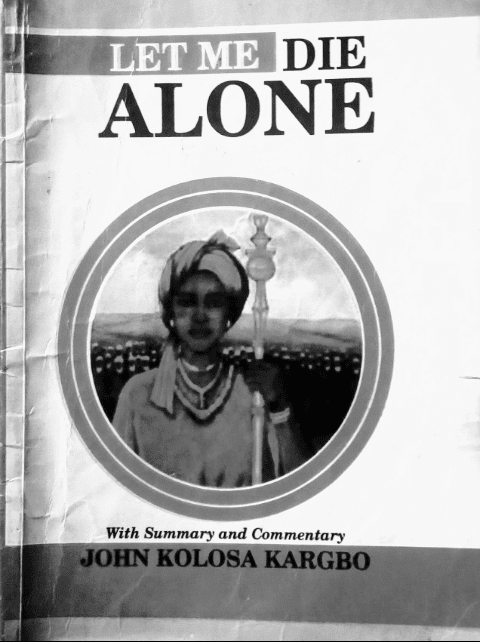The Trial of Dedan Kimathi is a Kenyan play that offers a unique perspective on the historical struggle of Dedan Kimathi and the Mau Mau movement using the oral-tradition format. This powerful play redefines history to underscore the collective determination of the Kenyan people to combat imperialism, halt their exploitation, and protect their land from plunder.
The play delves into the life of Dedan Kimathi, a revered figure in the Mau Mau movement, who faces relentless pressure from neocolonial forces to abandon the struggle for his people’s liberation. Central to the storyline is the forceful acquisition of Kenyan land by colonial powers, marked by theft, deceit, murder, and enslavement. This remains a pivotal issue in Kenya’s history, often overlooked by many African writers.
The Trial of Dedan Kimathi premiered in 1976 at the National Theatre in Nairobi. The play was co-written by Ngugi Wa Thiong’o and Micere Mugo. Together, they shed light on Dedan Kimathi’s untold heroic journey and emphasize his pivotal role in the fight for Kenyan emancipation from white imperialist rule.
The play highlights the Mau Mau uprising in Nyeri, where Kimathi, the son of Wachuri, emerges as a field marshal for the movement. The Mau Mau’s resistance, driven by a desire for a better future, ultimately leads to Kimathi’s trial. Even while chained and guarded by armed soldiers, Kimathi unwaveringly advocates for his people’s liberation. He is further emboldened by his people’s chants and drumbeats which ensure their voices are heard during the trial.

Although he is advised to plead guilty for a chance at freedom, Kimathi remains resolute. He rejects offers from a wealthy African businessman and colonial authorities. He sees them as compromises to his fight against British colonialism and the theft of their land. In his words:
We’ve bled for you against the Germans, Japanese, Italians and Burma. This time, we shall bleed for our soil, for our freedom, until you let it go.
Dedan Kimathi
The play culminates in Kimathi’s verdict: a death sentence by hanging. However, this dark moment sparks a powerful response from the crowd, with workers and peasants chanting, “Not dead,” to demonstrate that the message bearer may be killed, but not the message. This pivotal trial serves as a testament to Kimathi’s pan-Africanist ideals and the hardships he endured in the struggle, which ultimately contributed to Kenya’s independence in the 1960s.
 WHATSAPP: Click HERE to join the new Literature PADI WhatsApp group to receive latest updates on your phone and for further literary discussions!
WHATSAPP: Click HERE to join the new Literature PADI WhatsApp group to receive latest updates on your phone and for further literary discussions!











